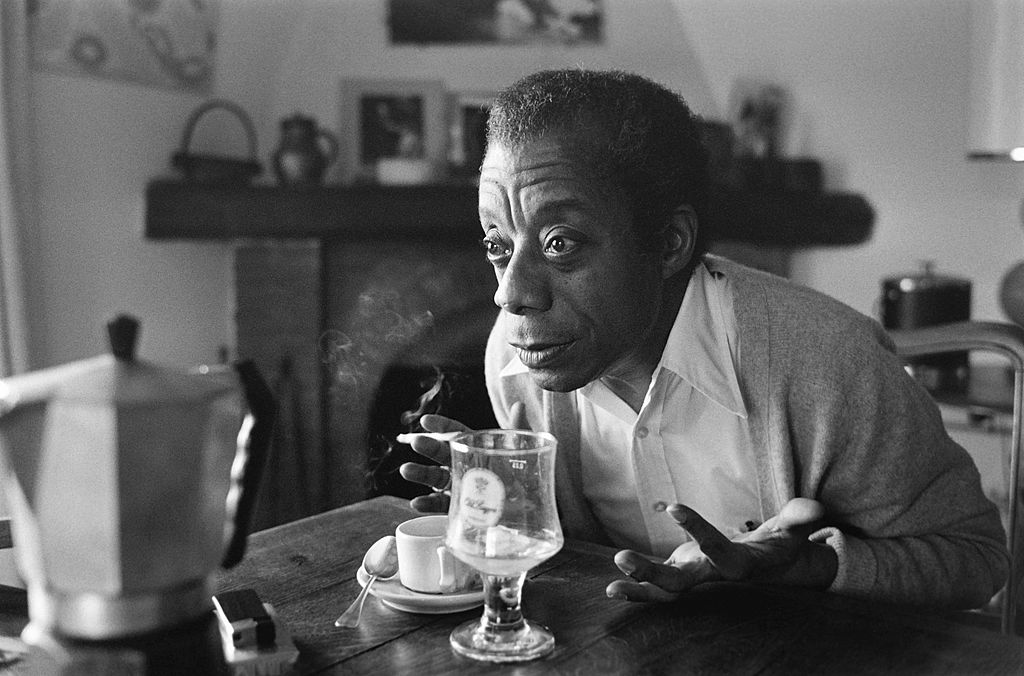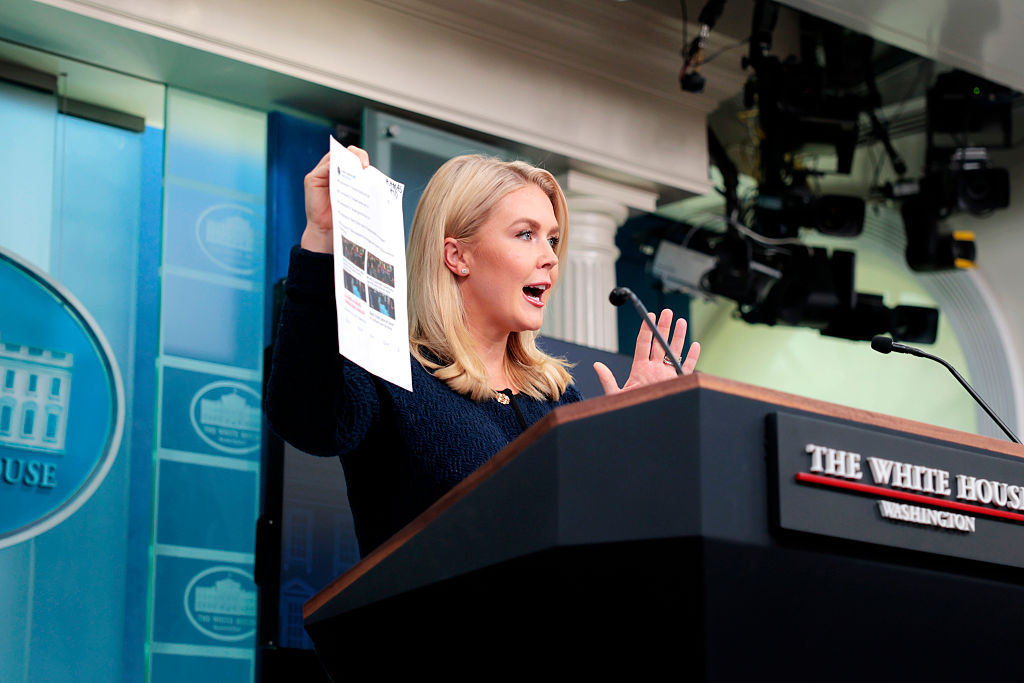One of the main reasons Labour lost the election in the UK was a well-orchestrated campaign of character assassination against Jeremy Corbyn, who was rated Top Anti-Semite of 2019 by the Wiesenthal Center (ahead of actual terrorists!). There is nothing new in this. It is a small part of the worldwide offensive whose victims include many Jews critical of Israeli politics — such as the ‘propagandist for Hamas‘ Gideon Levy, who wrote in Haaretz on December 8:
‘Laws labeling anti-Zionism as anti-Semitism and the anti-occupation movement as anti-Semitic, are passed with overwhelming majorities. Now they are playing into the hands of Israel and the Jewish establishment, but they are liable to ignite anti-Semitism when questions arise about the extent of their meddling.‘
Levy predicts that the precipitous conflation of the critique of Israeli politics with anti-Semitism will give rise to a new wave of anti-Semitism. How? In order to ground its Zionist politics, the state of Israel is making a catastrophic mistake: it decided to downplay the so-called ‘old’ anti-Semitism, focusing instead on the ‘new’ and allegedly ‘progressive’ anti-Semitism masked as the critique of the Zionist politics of the state of Israel.
Along these lines, Bernard Henri-Lévy (in his The Left in Dark Times) recently claimed that the anti-Semitism of the 21st century will be ‘progressive’ or there will be none. Brought to the end, this thesis compels us to turn around the old Marxist interpretation of anti-Semitism as a displaced anti-capitalism (instead of blaming the capitalist system, the rage is focused on a specific ethnic group accused of corrupting the system): for Henri-Lévy and his partisans, today’s anti-capitalism is a disguised form of anti-Semitism.
Donald Trump recently used anti-Semitic stereotypes to characterize Jews as driven by money and insufficiently loyal to Israel. The title of the Vanity Fair report says it all: ‘Trump Goes Full Anti-Semite In Room Full Of Jewish People’ — and the enigma is: why do many Zionists nonetheless respond positively to Trump’s message? There is only one consistent answer: because Zionism itself in some sense became anti-Semitic. Here is the gist of what Trump said, according to Vanity Fair:
‘Speaking at the Israeli American Council in Hollywood, Florida, on Saturday night, Trump hit all of his favorite anti-Semitic tropes before a room full of Jewish people. He started off by once again invoking the age-old cliché about “dual loyalty”, saying there are Jews who “don’t love Israel enough”. After that warm-up he dove right into the stereotype about Jews and money, telling the group: “A lot of you are in the real estate business, because I know you very well. You’re brutal killers, not nice people at all,” he said. “But you have to vote for me — you have no choice. You’re not gonna vote for Pocahontas, I can tell you that. You’re not gonna vote for the wealth tax. Yeah, let’s take 100 percent of your wealth away!” He continued: “Some of you don’t like me. Some of you I don’t like at all, actually. And you’re going to be my biggest supporters because you’re going to be out of business in about 15 minutes if they get it. So I don’t have to spend a lot of time on that.”’
The line of thought cannot be clearer: you are Jews and, as such, you only care about money, and you care about your money more than about your country, so you don’t like me and I don’t like you, but you will have to vote for me so that you will not lose your money.
When, at this year’s Hanukkah party, Trump signed the controversial executive order on anti-Semitism, John Hagee was there, the founder and national chairman of the Christian-Zionist organization Christians United for Israel. Hagee sees the Kyoto Protocol as a conspiracy aimed at manipulating the US economy; in his bestselling novel Jerusalem Countdown, the antichrist is the head of the European Union, Hagee has made statements that definitely sound anti-Semitic: he has blamed the Holocaust on Jews themselves; he has stated that Hitler’s persecution was a ‘divine plan’ to lead Jews to form the modern state of Israel; he calls liberal Jews ‘poisoned’ and ‘spiritually blind’; he admits that that the preemptive nuclear attack on Iran that he favors will lead to the deaths of most Jews in Israel. (As a curiosity, he claims in Jerusalem Countdown Hitler was born from a lineage of ‘accursed, genocidally murderous half-breed Jews’. With friends like these, Israel really doesn’t need enemies.


























